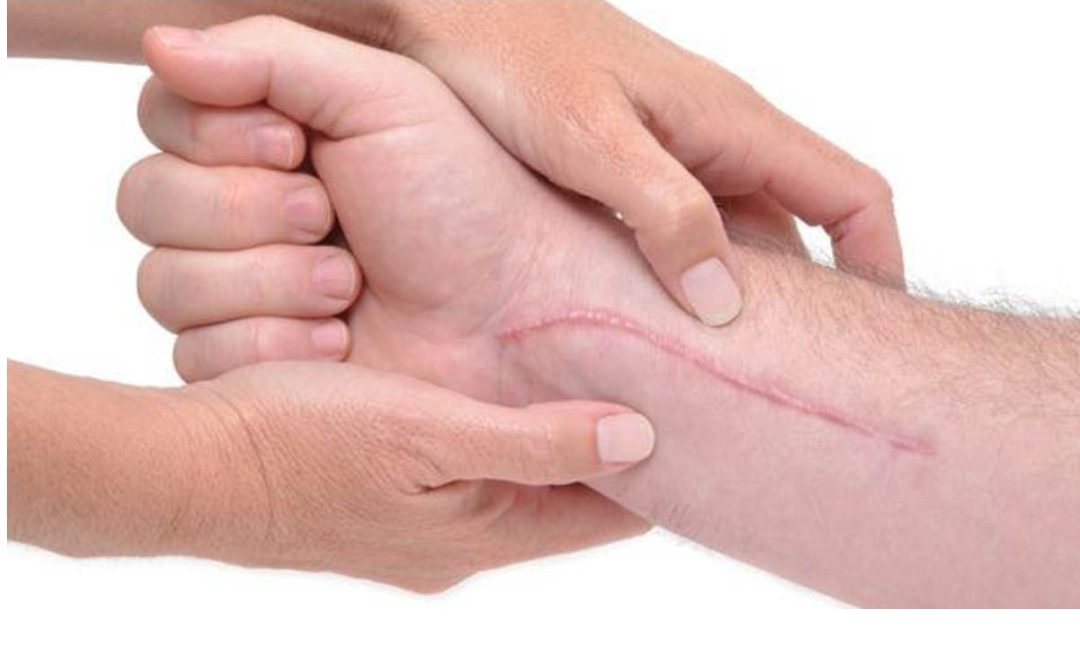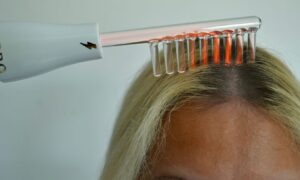What are the symptoms of protein deficiency that manifest in the body according to the opinion of an expert consulted by Infobae. The list of foods to prevent that from happening. Transform Your Body with Yoga – The Ultimate Weight Loss and Toning Program.
Hair loss is one of the signs
Proteins are essential for our health. They are one of the three main nutrients, along with carbohydrates and fats, in our diets. Proteins and amino acids are the main building blocks of our muscles, bones, skin, tissues, and organs. When we eat protein, our body breaks it down into individual amino acids during digestion, and then uses these amino acids to create new proteins where needed.
Now, what happens when we do not incorporate them into our body?. In principle, in addition to our health being affected, signs appear in our body. It is a series of symptoms where one of the causes could be that we are not incorporating protein into our diet.It can also happen that a person consumes enough protein, but does not digest and absorb it well.
“This is often caused by a deficiency of digestive enzymes such as pepsin and a deficiency of hydrochloric acid (HCL) in the stomach, both of which are necessary for protein digestion. Age and/or poor diets high in processed foods are common causes.
In addition, the rampant use of antacids in modern society will also lower HCL levels, compromising protein digestion,” said Susan Greeley, a dietitian, nutritionist, and chef-instructor at the Institute for Culinary Education in the United States.
Here are 10 symptoms that can appear if we are not consuming protein.
1. Slow wound healing
Protein is always necessary for wound healing. When it is missing, wound healing is compromised, collagen formation is affected, and wounds can also worsen.
2. Weak immune system, such as frequent infections
It is well known that protein malnutrition affects immune function. The mechanism for this has to do with the roles that amino acids play in forming antibodies, also known as proteins, and regulating immune responses. “Proteins form our antibodies, which recognize pathogenic agents and defend us from diseases,” explains Julieta Pomerantz, Bachelor of Nutrition (MN 4995), member of the Argentine Association of Dietitians and Dietitian Nutritionists (AADYND) to Infobae .
3. Muscle loss
This is usually age related but can occur at any age due to malnutrition, eating disorders, disease, etc. “In general, we lose muscle mass as we age. Protein requirements for adults increase after the age of 70 and exercise is also necessary to help maintain muscle,” explains Greeley.
4. Weakened bone strength
“This can lead to more fractures, especially in the elderly. Collagen formation, support and repair at various stages of life are affected by protein deficiency, just like muscle mass, and the two work together!” says Greeley. Pomerantz points out: “Chronic low protein consumption causes, among other things, hormonal alterations that influence bone mineral density.”
5. Hair loss
This may be related to iron status, which is a common micronutrient deficiency that results from a lack of protein foods in the diet, particularly meat and legumes.
6. Brittle nails and dry skin
“It’s usually seen in more severe protein deficiency, but it’s not uncommon in the elderly as well,” says Greeley. “Keratin, for example, is a type of protein that makes up keratin, a fundamental component of hair, skin, and nails,” adds Pomerantz.
Transform Your Body with Yoga – The Ultimate Weight Loss and Toning Program
7. Increased hunger and food cravings.
(Istock)
When you don’t consume enough protein, cravings are common, as the body triggers its appetite to get what it needs. “Low protein intake may contribute to decreased satiety in the diet,” says Pomerantz.
8. Fatigue and weakness
Protein is a macronutrient, which means it supplies the body with energy. When a person is protein and calorie restricted, weakness and fatigue are often the first signs.
9. Mood swings
Most people have heard of at least one amino acid, tryptophan, as it is a precursor to the neurotransmitter serotonin. “Other amino acids are also required to make neurotransmitters. When deprived of protein, amino acid supply is limited and/or deficient and negatively impacts our brain function by limiting the body’s ability to synthesize neurotransmitters,” Greeley says.
“Serotonin is a hormone that transmits signals between nerve cells. It derives from proteins and if it decreases, the mood can be altered ”, adds Pomerantz.
10. Bad sleep or insomnia
(Gettyimages)
Again related to the amino acid tryptophan: Studies have shown that increasing tryptophan intake improves sleep in adults with sleep disorders. “Melatonin is derived from the amino acid tryptophan, which helps regulate the sleep-wake cycle,” Pomerantz concludes.
What foods to eat
There are several foods that have protein that are healthy for our body. Among them, fish is one of them. This is a great way to get high-quality protein. In fact, fish are a rich source of protein, in addition to being a nutritious and low-calorie food.
Chicken meat is another food. Chicken contains all the essential amino acids that your body’s muscles need. The same goes for eggs, which are rich in riboflavin, thiamine, folic acid, pantothenic acid, vitamin D, vitamin E and phosphorus. In other words, it is a powerhouse of high-quality nutrients and protein.
Beef, yogurt, and almonds are other foods that are high in protein.





































